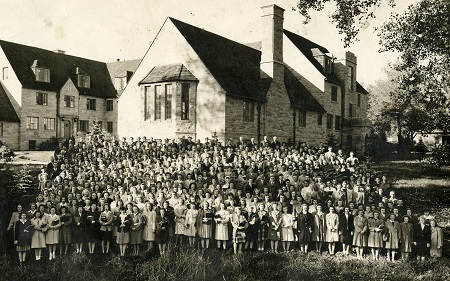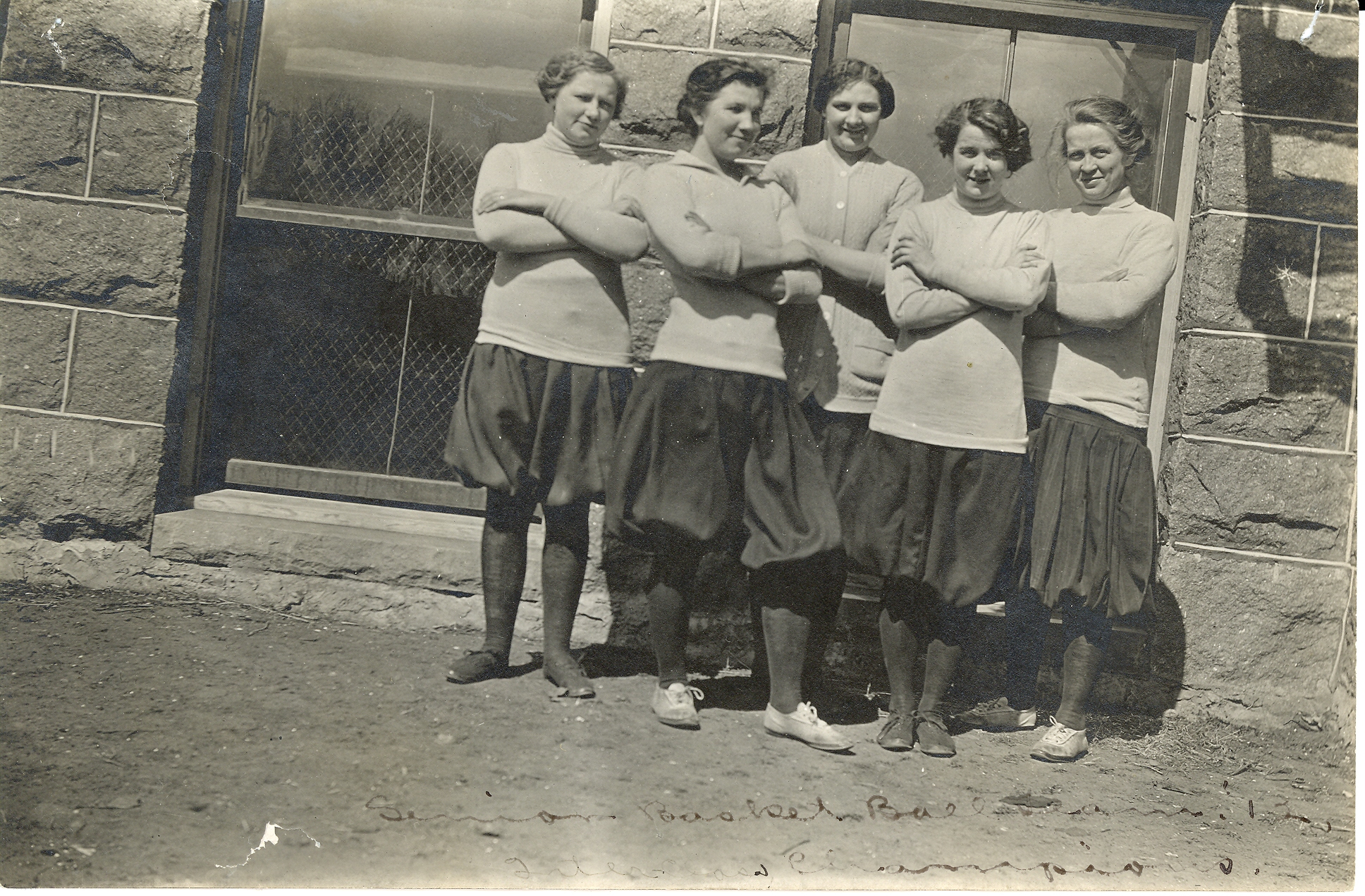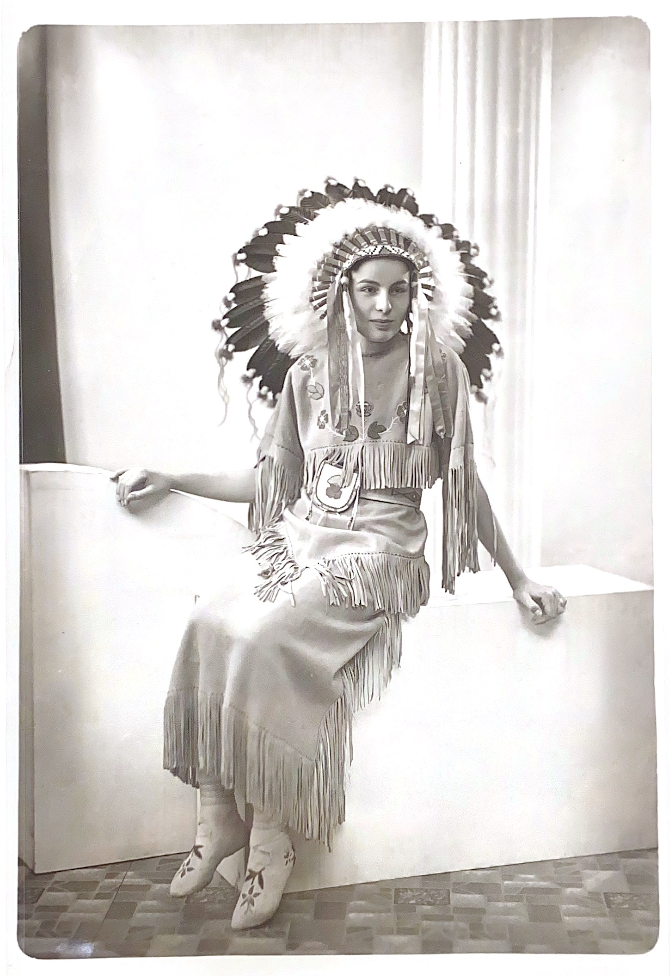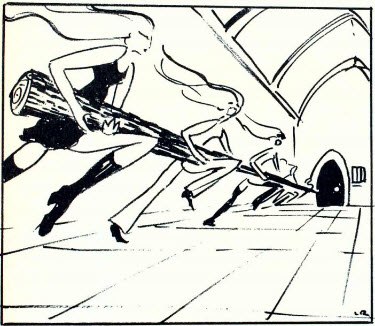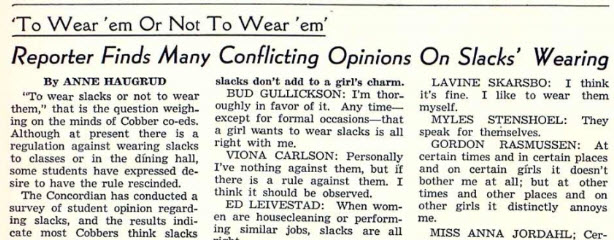When the United States decided to forego their neutrality to the first World War in 1917, thousands of American men were drafted into the armed forces. Although women were unable to enlist, their services were required and appreciated in Red Cross work either as nurses or as citizen volunteers simply rolling and packing bandages. Women of Concordia College were quick to participate in the Moorhead chapter of the Red Cross by rolling bandages and knitting sweaters, mittens, caps, and scarves.
Browse Entries
|
|
|
|
|
|
|
|
|
Greek society life has been part of Concordia’s campus for many years, despite only one Greek society remaining at Concordia in 2022. Lambda Delta Sigma (LDS) has outlasted other student organizations on campus and has had a deep and complex history since its founding. |
|
|
|
|
